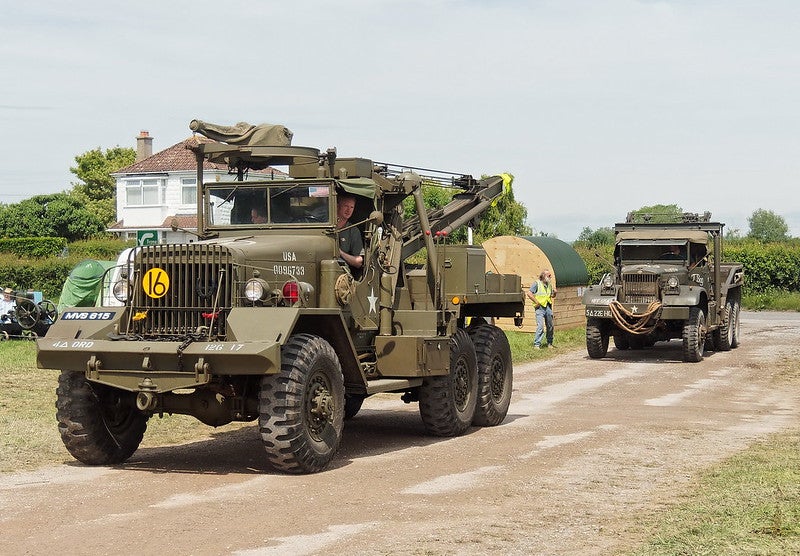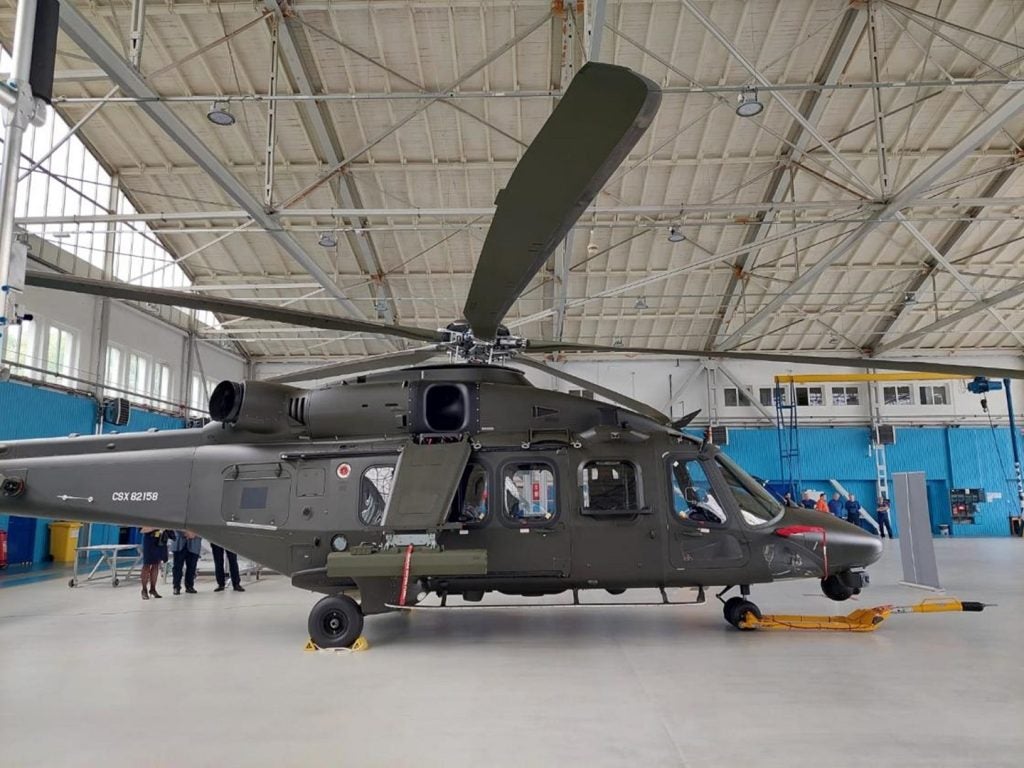
Jetoptera has won a new subcontract to support the US Army’s Phase II SBIR order to partner on the development of Freedom Flight Works’ special mission variant of its fluidic propulsion system (FPS).
The subcontract has been awarded by Freedom Flight Works.
The FPS variant has been developed for reduced signature autonomous vehicles.
The project is a follow-on to the US Department of Defense (DoD) Army Phase I SBIR and Phase I option sub-contracts.
These contracts have been awarded previously to further research, supply equipment, and adjust the use of Jetoptera’s patented FPS for military applications.
Under this new two-year programme, a powered parafoil fluidic propulsive system (PP-FPS) will be flight demonstrated.
How well do you really know your competitors?
Access the most comprehensive Company Profiles on the market, powered by GlobalData. Save hours of research. Gain competitive edge.

Thank you!
Your download email will arrive shortly
Not ready to buy yet? Download a free sample
We are confident about the unique quality of our Company Profiles. However, we want you to make the most beneficial decision for your business, so we offer a free sample that you can download by submitting the below form
By GlobalDataThis will help to improve and expand the joint precision airdrop delivery system’s (JPADS) capabilities.
According to Jetoptera, the PP-FPS will be equipped with a ‘thermally recuperated turbocompressor’.
Jetoptera CEO Andrei Evulet said: “Similar propulsive systems are part of Jetoptera’s technology roadmap and are planned for deployment on future platforms for both unmanned and manned applications.
“Thermally recuperated gas turbines can reduce the specific fuel consumption by up to 30%, compared to equivalent unrecuperated systems, suggesting unprecedentedly low fuel consumption.”
Under Phase I of the programme, Jetoptera’s FPS was demonstrated to have a lower overall sound pressure level (OASPL) output of almost 15 dBA.
The use of advanced acoustic measurement methods increased it to over 25dBA OASPL.
Freedom Flight Works CEO Austin Blue said: “We believe that the FPS technology developed by the team at Jetoptera opens up new and profound possibilities for signature reduction, reliability, safety, and efficiency in aviation propulsion.
“We are enthusiastic about working with Dr Evulet and his team to apply and demonstrate those advantages our unique application.”
In December 2021, the US Army announced that it had awarded a $38m task order to Parsons to provide tactical applications.







